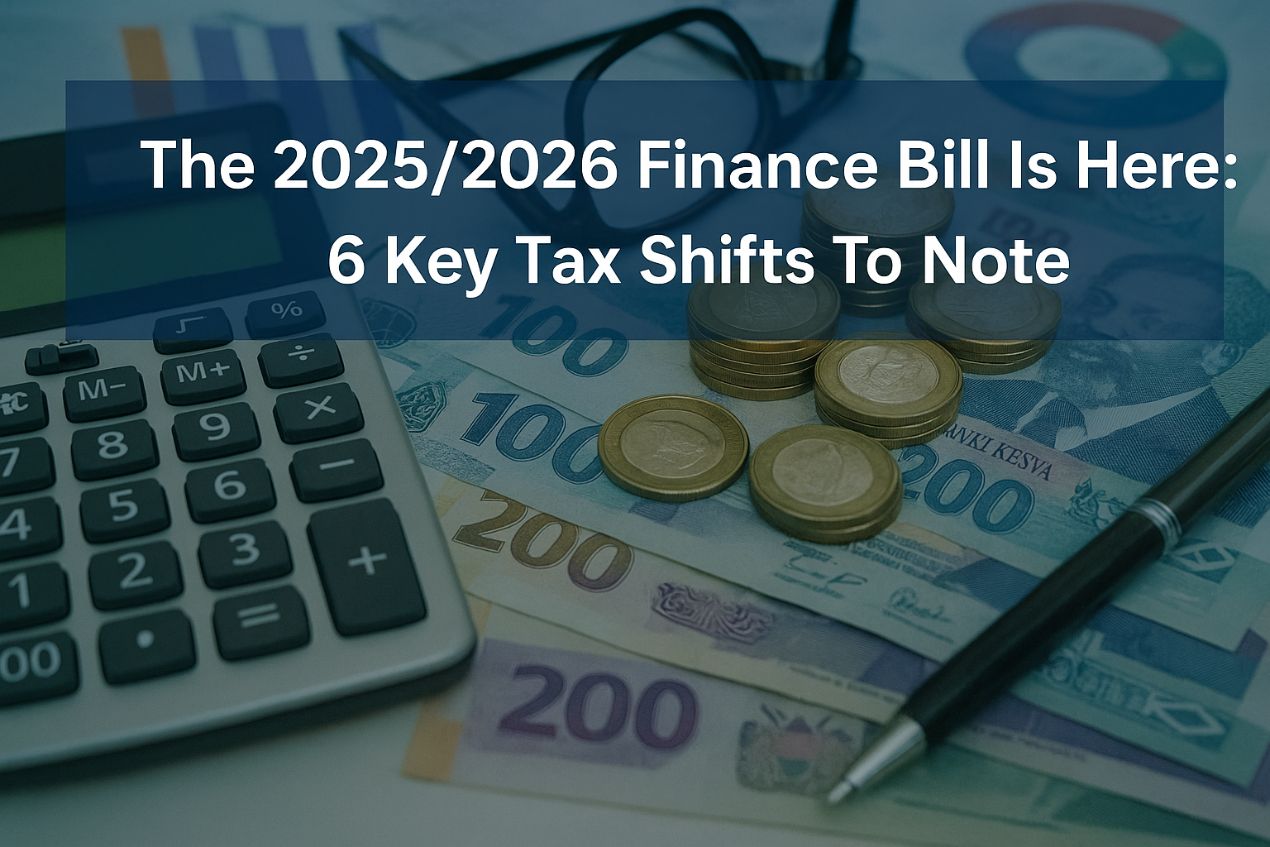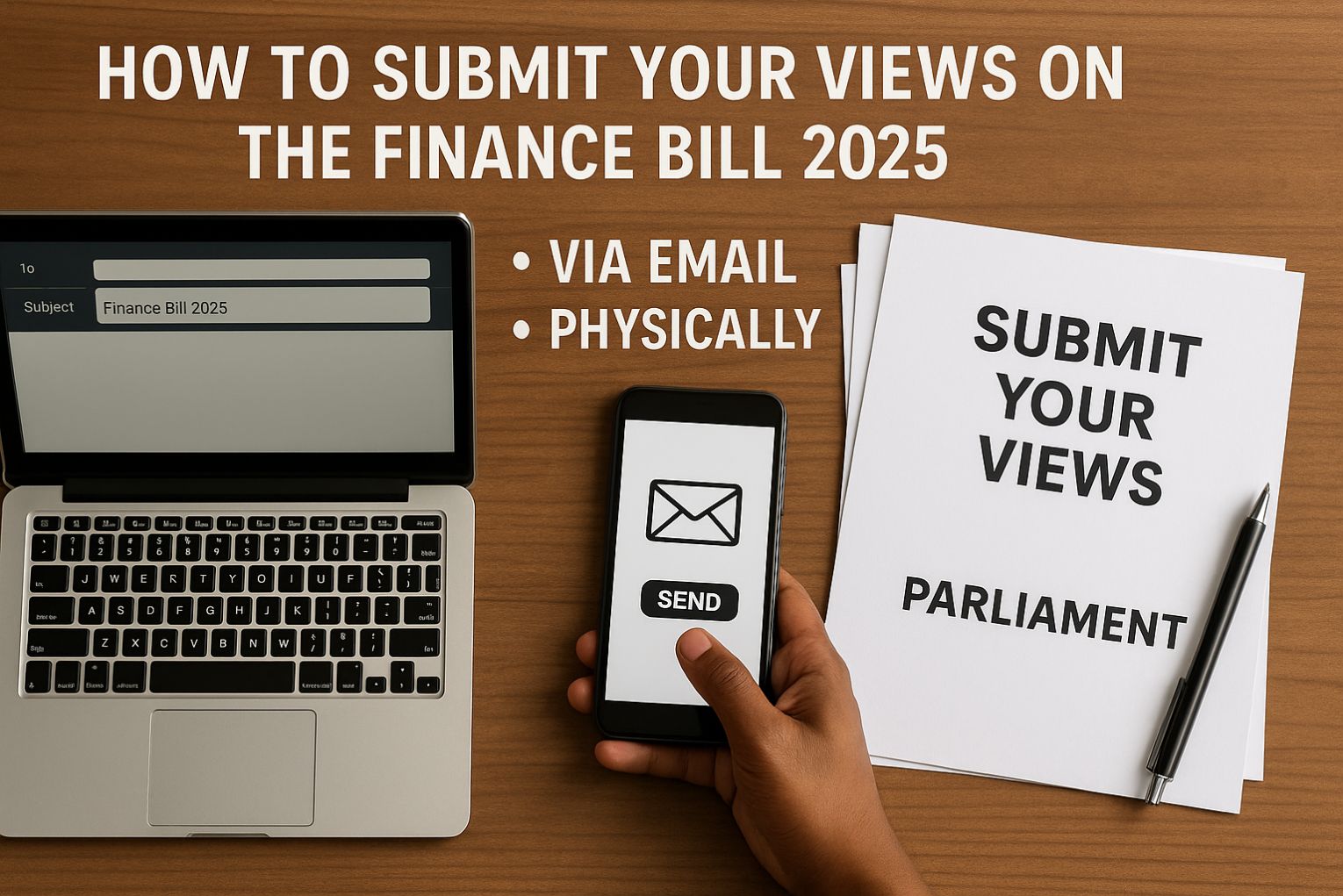While the Finance Bill 2025 is grabbing attention for its big tax reforms and fiscal measures, there are still a few surprising and, in some cases, controversial provisions hidden in the bill that aren't getting much notice. Here are seven of them:
A "Green Tax" on High-Emission Vehicles
A new additional tax will apply to vehicles emitting more than 200g/km of CO₂, to accelerate the shift toward electric and hybrid models. This affects not just luxury SUVs but also some mid-range petrol vehicles.Declaration of Crypto–Currency Holdings
Even if crypto-currency holdings are not being actively traded, the bill imposes a mandatory disclosure tax structure. There is a need to tap the growing crypto market in recent years. Heavy penalties may result from non-disclosure.VAT Expansion to Influencer Services and Digital Goods
If you are in the digital economy, you will be required to pay for VAT on content that generates a targeted amount of money. Influencers and producers of digital content are now specifically included in the list of taxable service providers. Where applicable, VAT is applied to sponsored posts, affiliate income, and paid partnerships.Pilot Program for AI-Powered Tax Audits
To find discrepancies in income declarations, the tax authority is introducing an AI-based system. This system may soon be extended to a larger base, initially beginning with high-income earners.SMEs' Carbon Credit Incentives
Small and medium-sized businesses that participate in verified carbon offsetting initiatives, such as reforestation or clean energy investment will be eligible for tax rebates.Vaping Products are included in the Tax Hike
In keeping with WHO guidelines and reflecting growing health concerns, not only alcohol and cigarettes will have tax increases. This year's "sin tax" hike also applies to vaping devices and e-cigarettes to control the growing substance use.




